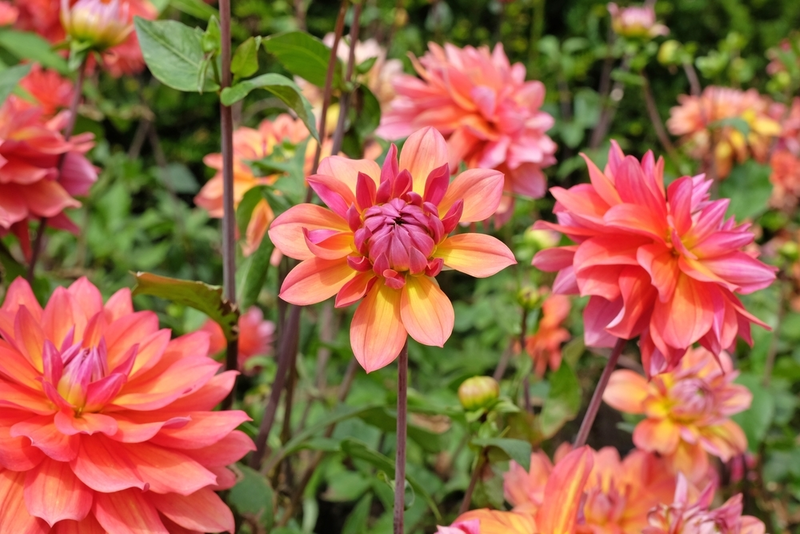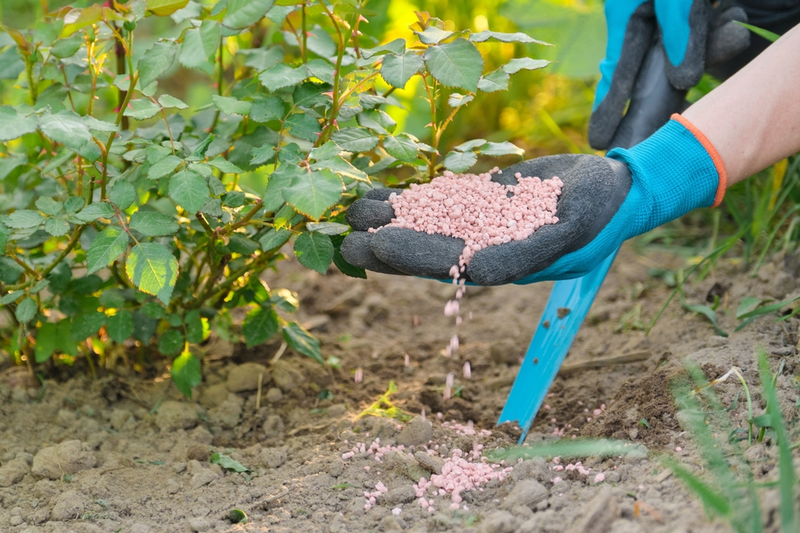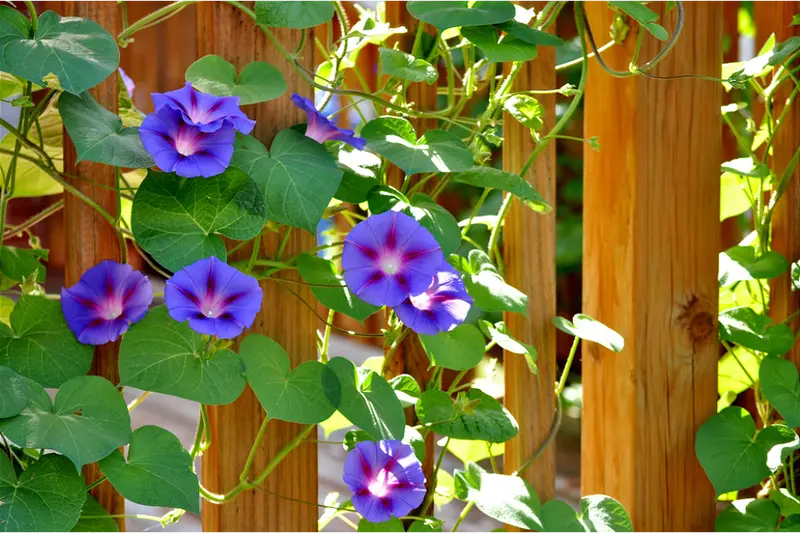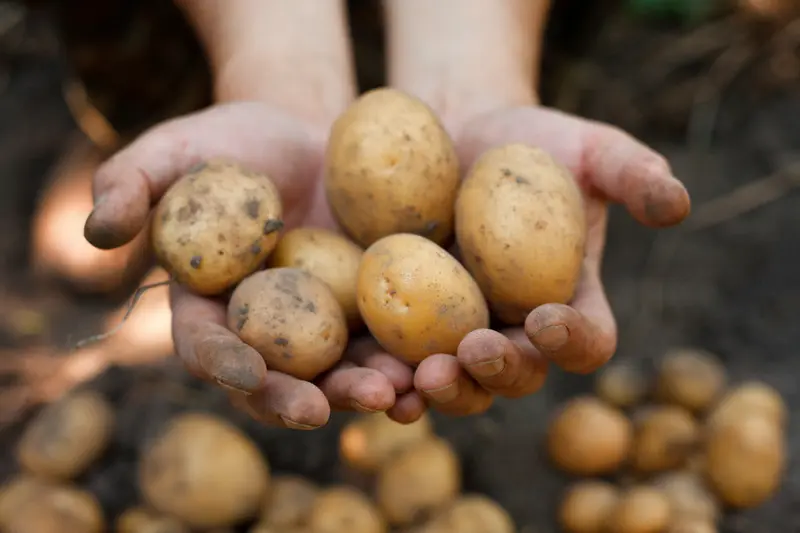When you start growing from seed, gardening seems to get a whole lot more interesting. Watching a tiny seed that you have nurtured grow into something beautiful or nutritious is a journey of fun, joy, understanding and immense satisfaction.
Choosing seeds to grow when growing from seed
We recommend that you start off with seeds for edibles that you love to eat, or flowers that you love see. Then think about how big your space is to grow them. There are plenty that can be grown in small spaces but if you want large amounts of produce or lots of cut flowers you might need a larger growing area. If you’re just starting out try lettuce, radish, tomatoes, peas, nasturtiums and annual flowers such as calendula, marigold, nigella, cornflowers and wildflower mixes.
Growing from seed with seed compost or multi-purpose 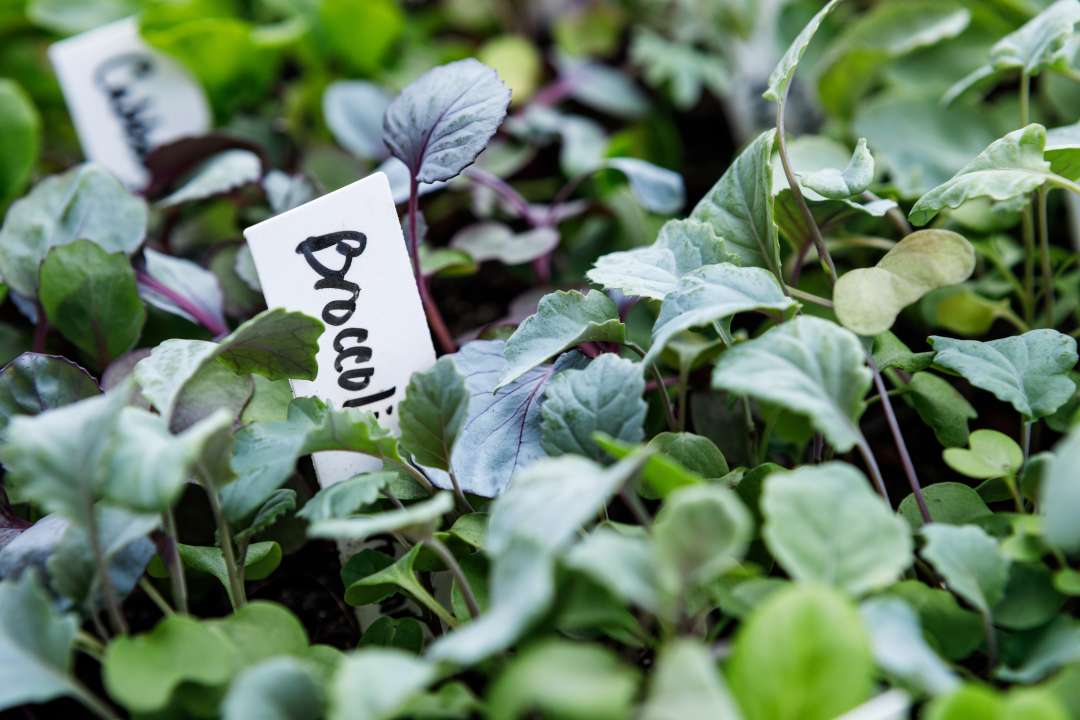
Seed compost is made especially for seed growth. For seeds to germinate they don’t need nutrients, such as those you find in multi-purpose compost - and ideally, they need a fine compost to germinate in. We do recommend seed compost, however, many people do sow in a good quality peat-free multi-purpose compost as well if seed compost is unavailable.
Growing from seed means knowing the different seed-sowing methods
There are various ways to sow seeds, very much dependent on what you are sowing so firstly always read the seed packet instructions. Larger seeds are often sown a little deeper and tiny seeds are sprinkled on top of the compost with a fine layer of compost on top. Seeds can be sown in seed trays, small pots, modules, cardboard inner toilet roll holders, homemade paper pots, coir and recycled food containers. Always pick what is appropriate for the seeds you are sowing.
What do seeds need to thrive?
You’ll need a sunny windowsill, moisture (but not too much) and warmth. Sowing into moist soil and then using a water spray bottle is a good way to ensure they are not overwatered. Too cold and damp could cause them to die off. Healthy seedlings tend to germinate anywhere from a few days to a few weeks, again depending on what you are sowing. If you are sowing early, a heated propagator can be helpful and grow lights if you don’t have much light for them.
What to do with seedlings when growing from seed?
When your seedlings are growing, keep a close eye on them. Keep them moist but not overwatered and you may need to thin them out, meaning removing the weaker ones to make way for the stronger ones to grow. Then when your seedlings have grown true leaves, gently pot them onto small pots if needed before letting them grow stronger, hardening them off and eventually plating them out.
For everything you need to get your seed sowing underway visit us in store and we're happy to help you!

